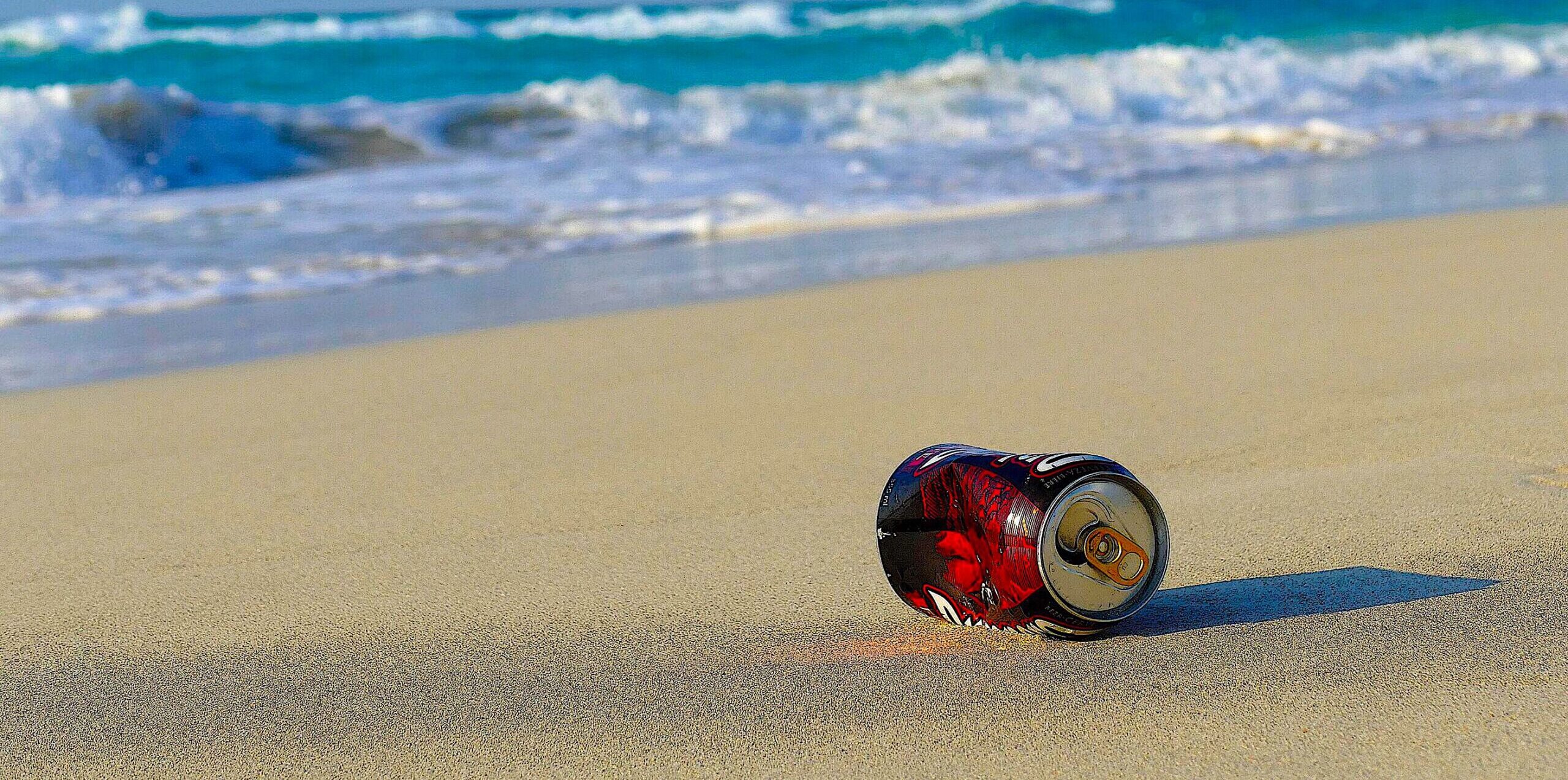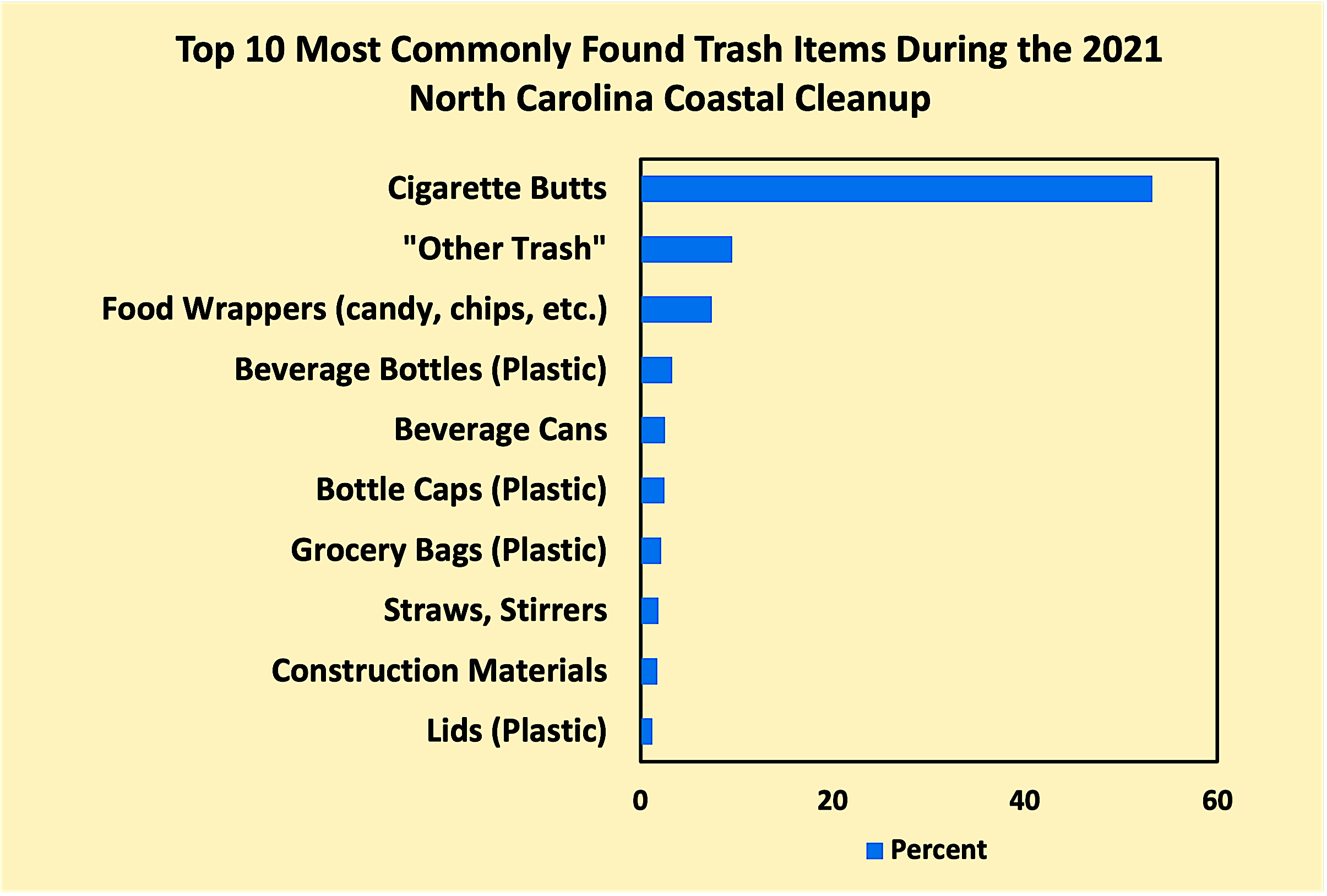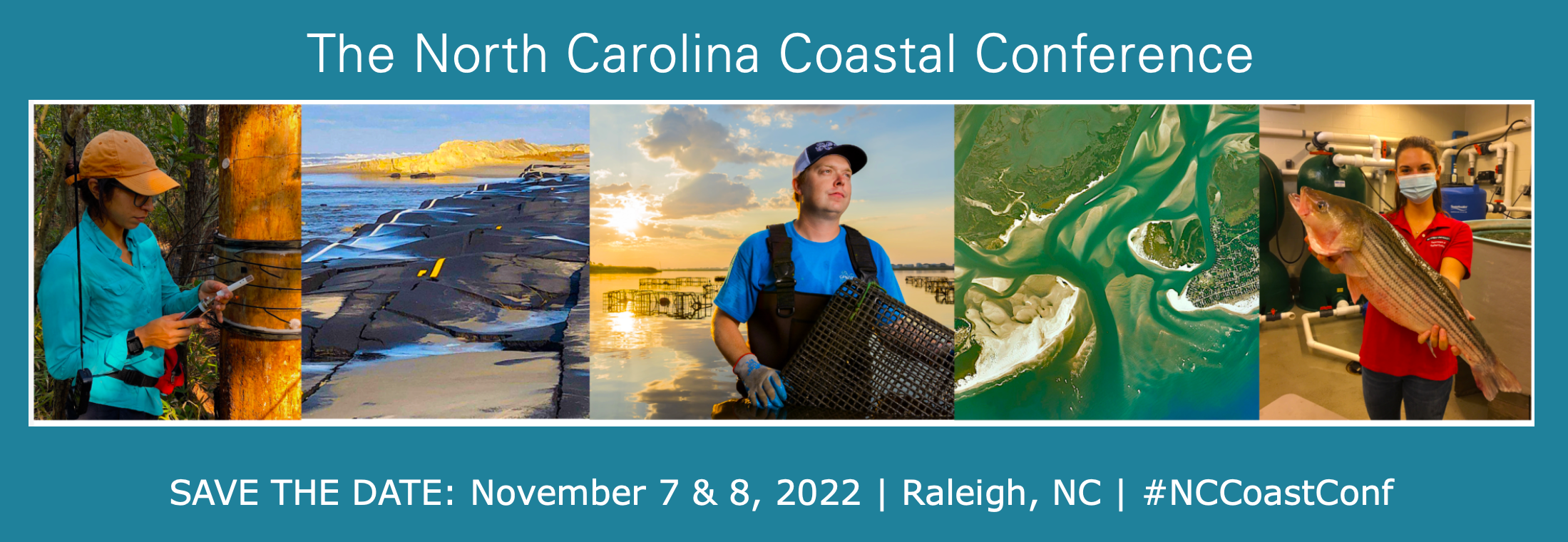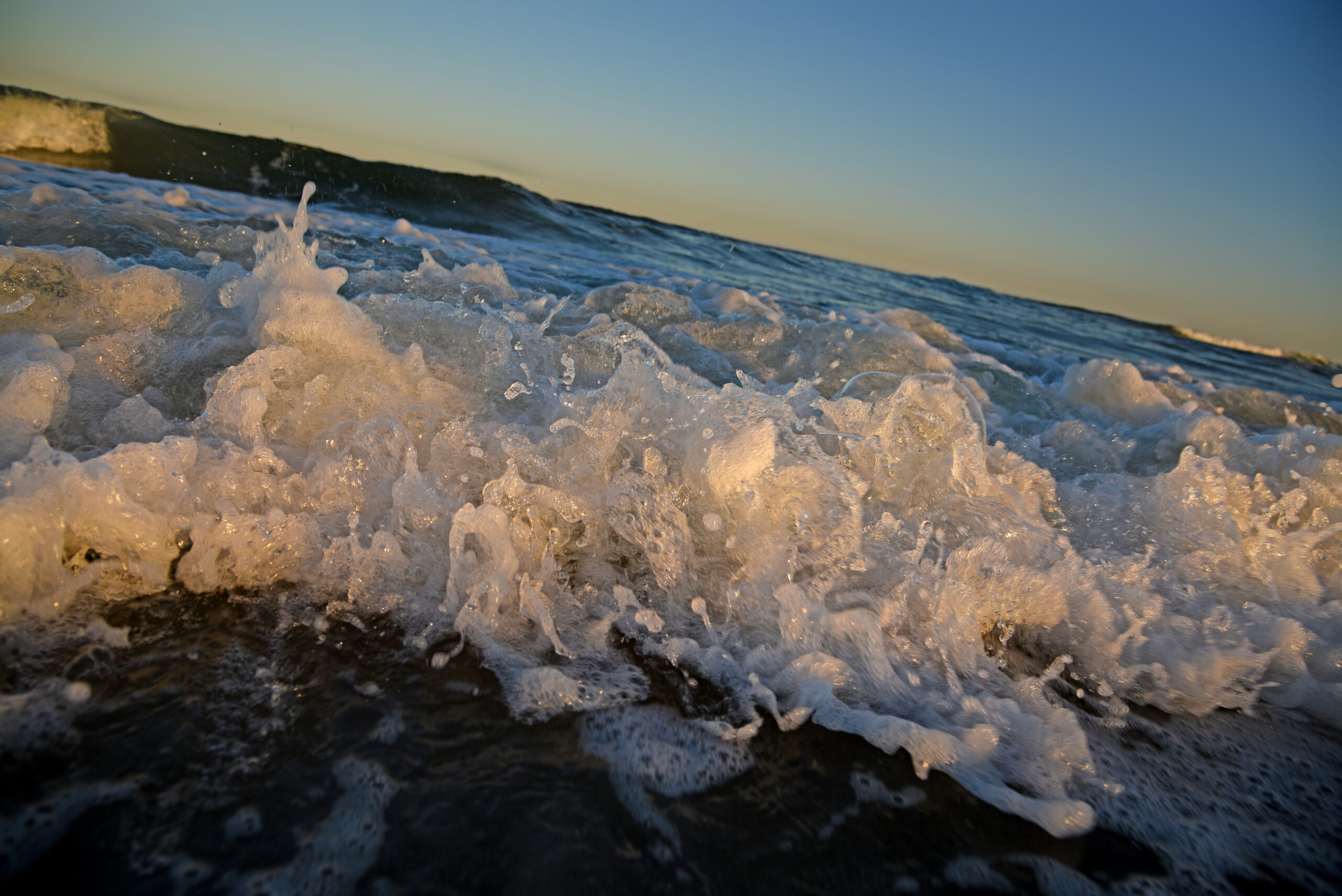Ecofriendly Solutions: The Top 10 Most Common Types of Trash on the North Carolina Coast
-- and How to Join the International Coastal Cleanup

Last year’s coastal trash included a garter belt and a windshield — but you can help reduce debris.
Summer is here, and North Carolina is poised to have another record-setting season in terms of sheer numbers of beachgoers.
Unfortunately, people bring more than just sunglasses, beach chairs, and towels to the beach. Most people generate trash, and most dispose of it properly. But it only takes a little trash to be an eyesore — and to be a detriment to coastal wildlife and habitat.
Have you ever wondered about what might be the most common trash item found along the North Carolina coast? How about the most unusual item found on a beach last year?
More importantly: How can we all help remove trash from the beach, join a global initiative, and document our own trash cleanup?
The Ocean Conservancy has been organizing the International Coastal Cleanup for more than 35 years. This global initiative includes beach cleanups and all cleanups inland that intercept litter before it travels downriver to oceans. In 2020, over 220,000 volunteers from across the globe collected 5.2 million pounds of trash from 49,635 miles of shoreline.

The International Coastal Cleanup tallies results each year by country, state, county, and even the individual or group leading each particular cleanup. The latest data for North Carolina, collected in 2021, is easily accessible at CoastalCleanupdata.org.
The cigarette butt continues to be the most commonly collected trash item along North Carolina shorelines. In 2021, it accounted for 53% of the 112,645 pieces collected. The cigarette butt was also the most common item for all countries combined in the global cleanup effort, which you can read about at go.ncsu.edu/global-cleanup.
All told, 4,028 volunteers cleaned up 53,815 pounds of trash along 562 miles of North Carolina coastline in 2021. Fishing gear, such as monofilament line, rope, nets, pots, and buoys made up less than 1% of total items collected. There were definitely some unusual items — such as a windshield, a garter belt, and a lottery ticket.
Anyone with access to a body of freshwater or saltwater can contribute information to this great cause. You’ll need to first sign up for an account before you can document your trash haul, or you can download the “Clean Swell” app that links to the same trash database.
Scott Baker is a fisheries extension specialist with North Carolina Sea Grant and co-curator with Sea Grant’s Sara Mirabilio of the popular “Hook, Line & Science” series, which originally published this story. HookLineScience.com
lead photo credit: Credit: Maxence/CC-BY-2.0.
- Categories:


